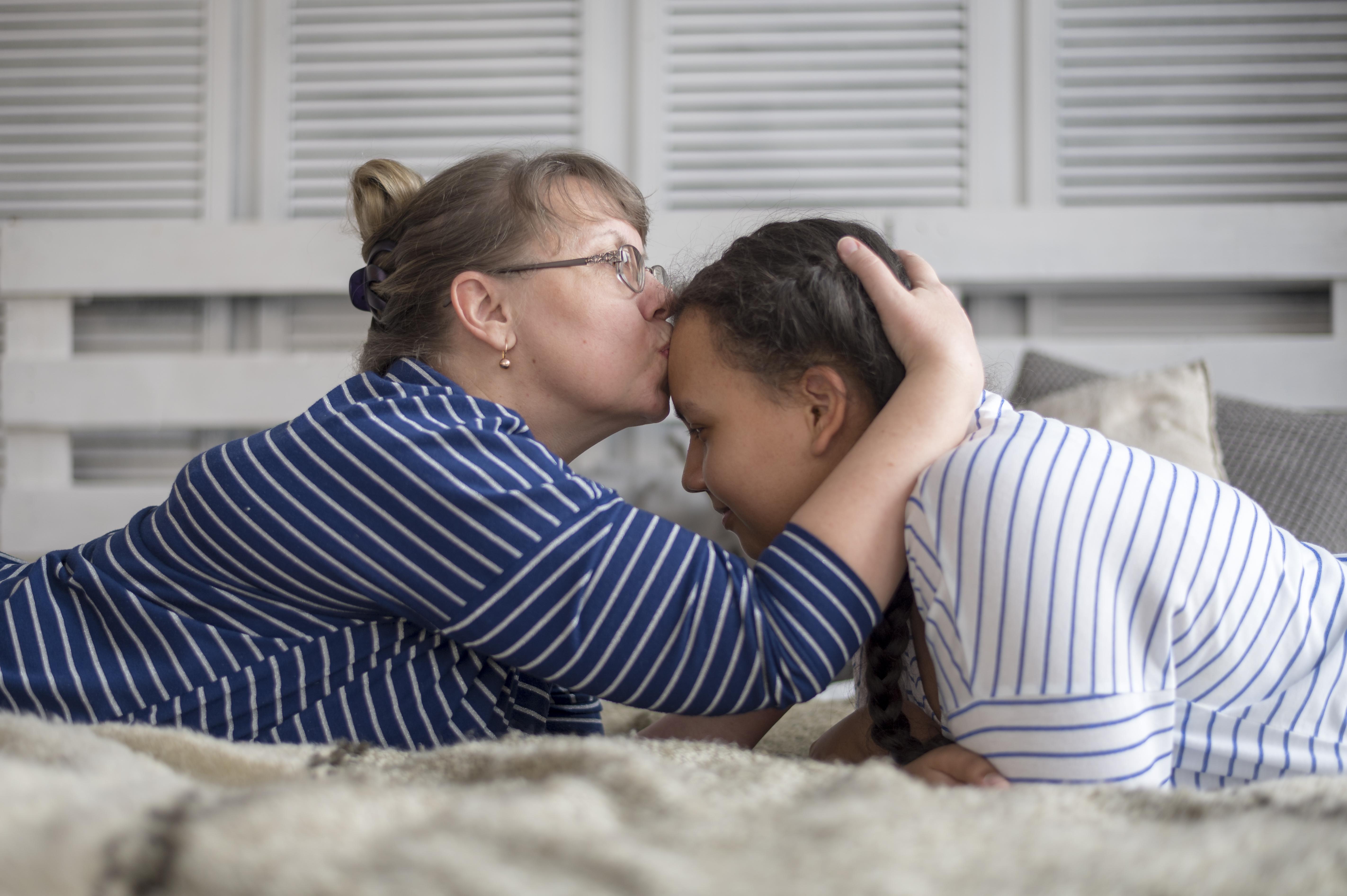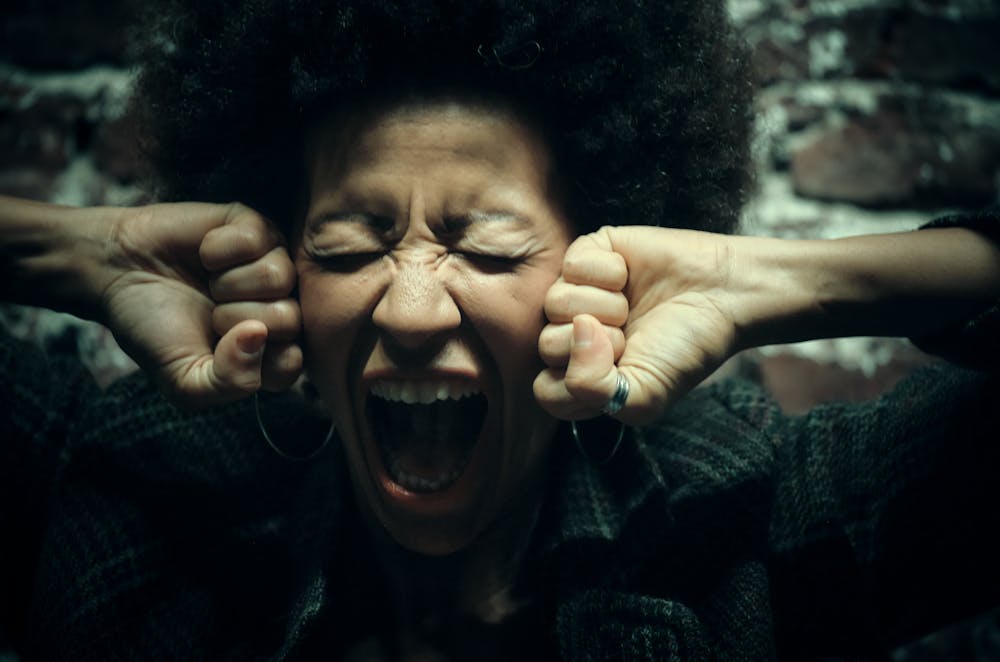When you are the parent of twins—especially autistic/ADHD twins—you learn very quickly that the education system can’t hold both of them at once. Support is rationed. Attention is rationed. Empathy is rationed.
The school system does not say this aloud, of course. It claims to treat every child as an individual. But as soon as you begin to advocate for two children, even in the gentlest possible terms, you feel the shift. You become too much.
You are no longer a parent seeking support; you are a disruption to their workflow, a person with unreasonable expectations, someone who is asking for more than your family’s fair share.
And once that impression takes hold, everything you say is filtered through it.
I learned this gradually, over years. But I felt it in my body almost immediately. The tightening in meetings. The email replies that never came. The soft tones that turned sharp when I didn’t drop the question. The look in a principal’s eyes when I asked, again, whether my daughter had received any debriefing after being hurt. The confusion that hardened into contempt when I said she didn’t want to be touched at school and that her consent mattered. That was when it became clear: this wasn’t just about capacity. This was about identity. About which children the system is willing to see as real. About which families get to have full stories, full rights, full recognition.
And about what happens to the ones who don’t.
-
Grievability and legitimacy in BC Schools
Disabled children are being pushed out of public education—and their families are picking up the pieces. This post examines who is seen as worthy of support, what it costs when systems abandon care, and why the quiet exodus from schools is not a…
What schools don’t say about families of multiples
I had read all the books. The ones that said:
- Give each twin time alone with you.
- Honour their difference.
- Don’t compare.
- Don’t collapse.
- Make sure each of their needs is recognised.
Even when that fractured my attention, schedule, and nervous system, I tried. I bled for it. I split myself down the middle so they wouldn’t have to be collapsed. I stayed up late writing letters, creating supports, sending plans, booking appointments, meeting with doctors, strategists, social workers, therapists. I tried to protect each of them. I tried to hold the truth that they were both struggling, even when that truth felt incompatible with school logistics, IEP deadlines, and district policy.
But once they were inside the school system, the very thing I had tried to prevent happened. They were collapsed. One became the focus of support, the one with the designation, the safety plan, the urgency. The other was framed as the helper, the calm one, the anchor, the girl who could absorb his pain without cracking. When she asked for help, she was ignored. When she masked her distress, it was read as resilience. Such a good helper! When she was injured, they assumed she’d be fine and it was a private matter—sibling stuff. When I asked whether she had been offered counselling after yet another traumatic incident, they blinked at me. They didn’t understand why I was still talking about her.
I had asked too many times.
-
The politics of politeness: how tone-policing silences parent advocates
When a parent dares to speak plainly about harm—especially when that harm is systemic, ongoing, and inflicted upon a disabled child—they are swiftly met with a familiar response: watch your tone.
-
You’re not wrong: reflections on motherhood and advocacy
This piece is for the mothers who have become unrecognisable to themselves in the crucible of advocacy—those who perform calm while their bodies tremble with rage, who write polite emails through tears, who scream in the car and smile in the meeting. It…
The sister as support strategy
The school encouraged her to be close to her brother, to stay near when he was struggling. They praised her for being able to comfort him, encouraging this role, and turning her body into a regulation tool. They had decided that because she was his sister—his twin—her consent was less important than his dysregulation. She was made into part of the plan. A familiar object in the room that would help him feel safe.
But she wasn’t safe.
She was being hugged against her will. She was being pulled on. Bitten. Scratched. Punched. She asked for help from a supervision aide once, when he was dysregulated and hugging her against her will. They told her, “It’s cute. He loves you.” And I will never forget what that felt like.
I had tried to name it gently: that she was being hugged against her will, that he needed support to respect her boundaries. But that framing was dismissed. It wasn’t until I used the language of consent—until I said she had the right not to be touched—that they reacted. And what disturbed them was not what was happening to her. What disturbed them was me, for calling it what it was.
One support plan, one body, one story
Because they were twins, their experiences were treated as entangled beyond separation. If one had support at recess, the other was expected to manage. I was told that a single educational assistant could meet the needs of both. That they would both be “fine” in the same class. That the situation would “settle down.”
My daughter told me “Mommy, I will never get support if Robin is at school.”
When my son received an H designation in kindergarten—after an incident where he tried to strangle a teacher—the application was processed immediately. But when I asked for a designation for my daughter, I was brushed off for a year and a half. She was starving herself (avoidant restrictive food intake disorder) and missed six weeks of school from anxiety. I asked for an IEP three times without answer. When the board finally reviewed her case, they denied the designation. Apparently failure to thrive was insufficient proof. Her brother is now close to double her weight.
They said it wasn’t serious enough.
Functional does not mean well
The system decided she was coping. Because she wasn’t screaming, didn’t hit, kept showing up, and made friends. Her masking was treated as a sign of success, not of distress. And when she broke—when she started melting down every day after school, or said she hated her brother, or tried to get other children to exclude him—they framed it as me being overly focused on school matters.
They didn’t understand that she was retaliating in the only way the system had left open to her. No one protected her, so she tried to protect herself. No one listened to her boundaries, so she started shouting them. And because she was articulate—because she was gifted and masked well and knew where it would hurt—she said things that cut. Her brother, the quiet autistic boy who had once clung to her in every setting, now cried because she had become the one who made him feel unsafe.
This is what happens when support is denied. When trauma is untreated. When siblings are left to manage each other in the absence of adult care. The one who breaks first gets all the attention. The one who breaks second gets all the blame.
-
She graduated and this is what she learned
On raising a badass advocate, unintentionally. I didn’t set out to raise an advocate—I set out to raise a child. A child who might feel safe in her body and steady in her breath, who might look out at the world and feel…
Drawn and quartered
As their mother, it was like being torn in half—drawn and quartered. I held his shame. I held her rage. I held their guilt, and mine, and the system’s refusal to see it. Every time they hurt each other, it felt like it was happening to my own body. They came from the same womb and I had tried fiercely to love them both fully.
But the school system fractured them. And it broke me.
And the worst part—the part I still can’t fully forgive—is that the institution responded to that fracture as if I had caused it. As if my insistence on seeing both of my children clearly was the real problem. As if the language I used—trauma, consent, emotional safety—was inflammatory, not accurate.
The performance of professionalism and the punishment of recognition
There is a kind of disgust that schools often reserve for neurodivergent mothers who arrive already knowing. It’s not always spoken. It lives in the glances. In the clipped replies. In the way your emails go unanswered. In the way staff flinch when you don’t soften your voice. When you say, “This is unacceptable,” and they blink, not because they’re surprised, but because they don’t want to be forced to admit that you’re right.
I used their language. I came prepared. I brought documentation. I was specific. I used words like escalation protocol, debriefing plan, sensory integration, masking, trauma exposure. I was told I was too intense. Too precise. Too much.
I did not come confused. I came competent. And the system resented me for it.
-
Poise as pedagogy
There is a cost to composure that institutions never count. When schools reward mothers for staying calm in the face of harm, they turn grace into a gatekeeping tool and punish those who dare to grieve out loud.
The torture of being kept in
What I have come to understand, , is that our experience was not just frustrating. It was not just unjust. It was torture. Not in a figurative sense. But in the way that systems can gaslight, contain, retaliate, and break people while pretending it is collaboration.
What made it torture was not the pain. It was the lack of exit. The refusal to acknowledge the truth. The requirement that I continue to smile, attend meetings, write thank-you emails, while my daughter was starving herself and my son was retreating into himself. What made it torture was the enforced relationship with the very people who were harming us—the requirement that I perform partnership while they performed care.
I was trapped in a relationship with an institution that controlled my children’s access to safety, recognition, and future opportunities.
Refusing the collapse
I don’t know how to end this piece, because the story doesn’t end. My children are still navigating the fallout. So am I. But I know this much: what happened to us is not rare. It happens every time a school chooses simplicity over support. Every time a sibling’s pain is written off as family business. Every time a girl’s body is used as a calming strategy. Every time a mother is treated as the problem for speaking the truth.
I will not choose between them, so I will keep sharing their stories, in hopes that someone reads them and something changes.












